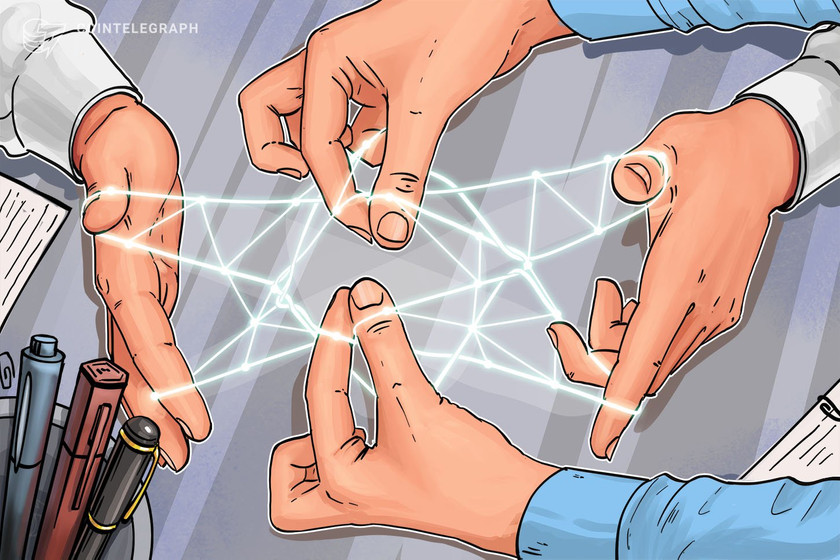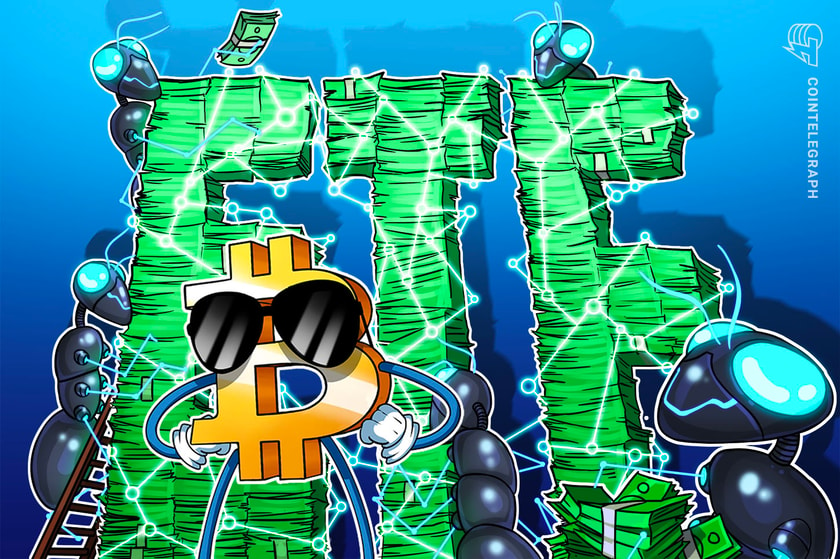Can ChatGPT-powered AI agents really trade crypto for you?
Key takeaways
-
ChatGPT-powered AI agents automate trading tasks using natural language prompts and API integrations, improving speed and consistency.
-
Successes occur when ChatGPT is used as a support tool, not a fully autonomous trading system.
-
Failures happen when traders over-rely on ChatGPT without real-time data, proper risk management or manual oversight.
-
Regulatory focus on AI in trading is increasing, with new frameworks emerging to ensure transparency, accountability and compliance.
What if a crypto trader didn’t need to constantly check charts, worry about emotions, or stay up all night watching for sudden price swings? What if those tasks could be handled by an intelligent agent that understands instructions in plain English — and reacts within milliseconds? That’s where ChatGPT-powered AI agents come in.
These tools combine natural language processing with real-time trading logic to automate decision-making in one of the world’s most volatile markets. From rebalancing portfolios to reacting to market sentiment, ChatGPT is being adapted to act as a trading assistant, risk manager and market analyst — all rolled into one.
But can it truly match or even outperform human intuition? This article explores how far these agents have come, where they shine and where they still fall short.
How ChatGPT-powered AI agents operate in cryptocurrency markets
ChatGPT-powered AI agents are changing how people interact with crypto markets. These tools combine ChatGPT’s language abilities with external trading tools and APIs to help users monitor prices, understand trends and even place trades automatically. Instead of just reacting to charts or numbers, ChatGPT can understand plain language commands like “Buy Ethereum if the price drops below $2,000” or “Sell Bitcoin if RSI goes above 70.”
These AI trading assistants can work with major platforms like Coinbase, Kraken, OKX and other centralized or decentralized exchanges and can also tap into decentralized finance (DeFi) tools and smart contracts. With the right setup, ChatGPT can help automate trading strategies based on both technical data and market news.
Success stories vs. failures in ChatGPT-powered crypto trading
Some traders have used ChatGPT to assist in automating parts of their crypto trading processes, particularly for strategy generation and sentiment analysis. For example, a user shared on Reddit that they used a ChatGPT-based AI agent for technical analysis on Ether (ETH), feeding it four-hour and daily chart screenshots. By interpreting market sentiment, support and resistance zones, and other indicators, they managed to make $6,500 in profits.
Similarly, in the broader crypto sector, ChatGPT has been applied to support project development activities such as drafting white papers and marketing content. A notable example is the launch of the “TURBO” memecoin, which reportedly reached a market capitalization of over $50 million in 2024. In this case, ChatGPT was used to streamline documentation and communication rather than manage trading activity, illustrating its usefulness as a support tool in crypto-related initiatives.
However, limitations are evident when ChatGPT is applied beyond its core design. While ChatGPT could suggest a trading portfolio and explain its reasoning clearly, it lacks access to real-time market data and couldn’t respond to sudden volatility. In one instance, ChatGPT was allocated $100 across multiple tokens but failed to actively manage the portfolio as prices fluctuated. This resulted in missed opportunities and underperformance compared to dynamic algorithmic strategies.
Individual experiences reinforce these observations. A Redditor exposed a scam where a YouTuber promoted a “ChatGPT trading bot” tutorial that led users to deploy malicious smart contracts. The contracts, generated using ChatGPT and passed off as safe, were designed to drain user wallets once funded. Victims collectively lost $17,240 in ETH, highlighting the danger of blindly trusting AI-generated code without proper auditing.
Even when asked, “If I use ChatGPT to build an AI agent for crypto trading, can I become a millionaire?” ChatGPT responded with a realistic outlook — acknowledging that while it’s possible, success depends on having a profitable strategy, disciplined risk management, and the ability to scale effectively.
Here is ChatGPT’s response:
These cases suggest that while ChatGPT can support certain elements of the trading process, it should not be treated as a standalone solution for autonomous crypto trading.
AI in crypto trading: Key benefits and limitations
AI tools like ChatGPT are increasingly being integrated into crypto trading workflows to improve speed, accuracy and efficiency. While they offer important advantages, they also carry specific limitations that traders must actively manage. Below are the main benefits and challenges:
Key benefits of using AI for crypto trading
-
AI bots can execute trades in milliseconds, crucial for capturing opportunities in fast-moving crypto markets.
-
Bots follow pre-programmed rules precisely, eliminating emotional biases that often affect human traders.
-
Crypto markets are always open, and AI bots can monitor and act around the clock without interruption.
-
A single bot can manage multiple trading pairs, exchanges and strategies simultaneously.
-
ChatGPT can understand specific prompts like “Rebalance every Monday” or “Set stop-loss at 5%,” allowing flexible automation.
Limitations of ChatGPT in cryptocurrency trading
-
ChatGPT does not access live market data unless specifically integrated with external APIs (e.g., TradingView, CoinMarketCap or exchange websockets).
-
Instructions must be clear and unambiguous; ChatGPT may misinterpret vague or complex commands.
-
Improperly secured API keys or lack of two-factor authentication (2FA) can expose trading accounts to unauthorized access.
-
ChatGPT’s cloud-based infrastructure can introduce latency, which could impact performance during highly volatile periods.
-
ChatGPT does not monitor regional compliance rules; users must manually enforce trading limits based on local regulations.
Ethical and regulatory implications of AI in crypto trading
As AI becomes more integrated into trading systems, it raises significant ethical and regulatory concerns that stakeholders across the financial sector are beginning to address.
-
Accountability: If an AI agent executes a harmful or unlawful trade, questions arise around legal responsibility. It remains unclear in many jurisdictions whether liability falls primarily on the developer, the trader using the AI system or the platform facilitating the transactions.
-
Market manipulation risks: Autonomous AI bots could unintentionally engage in activities such as spoofing (placing and canceling fake orders to mislead the market) or wash trading (creating artificial volume), especially if not properly programmed with compliance safeguards.
-
Regulatory oversight: Financial authorities, including the US Securities and Exchange Commission and the European Securities and Markets Authority, are actively studying the implications of AI and algorithmic trading. These agencies have recognized that traditional trading regulations may not fully account for autonomous decision-making by AI systems.
-
Policy developments: In January 2024, the European Commission released updates to its Digital Finance Strategy, which included references to AI-based financial services. While not yet finalized, these draft regulations under the broader Digital Finance Package signal a move toward stricter compliance expectations for firms deploying AI in financial markets.
Meanwhile, ethical crypto platforms are beginning to voluntarily disclose the use of trading bots in their systems. In parallel, open-source communities are advocating for clearer audit trails, improved model transparency and the establishment of ethical guidelines for AI applications in finance to ensure accountability and fairness.
This article does not contain investment advice or recommendations. Every investment and trading move involves risk, and readers should conduct their own research when making a decision.









